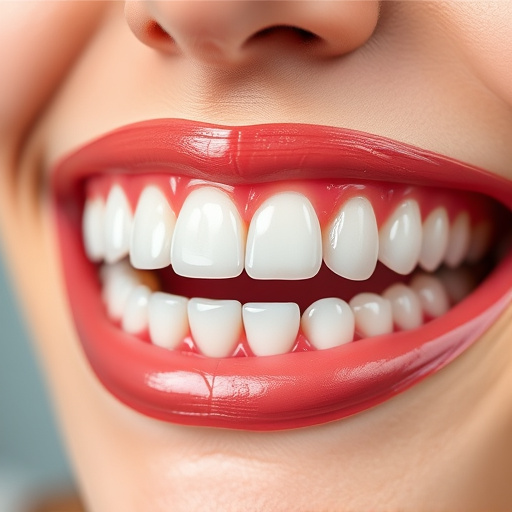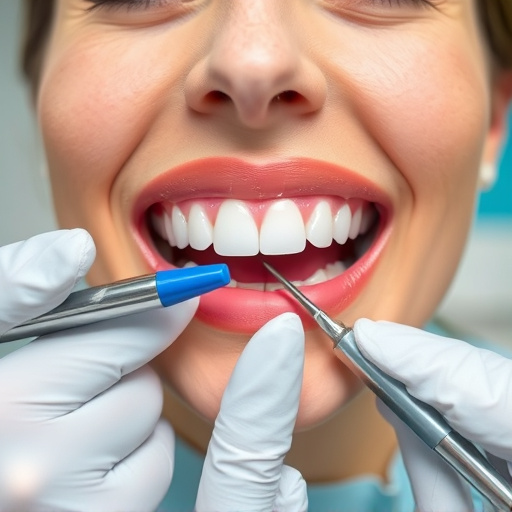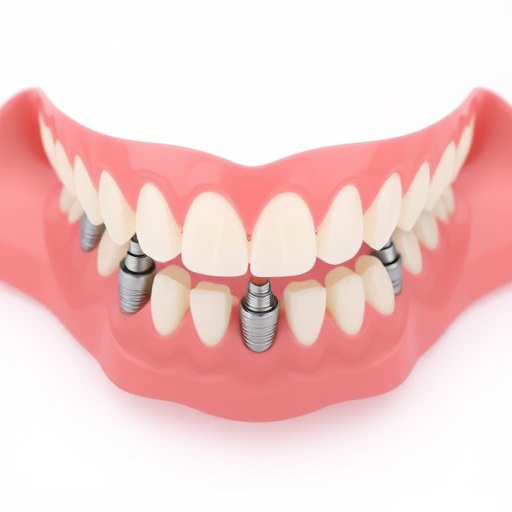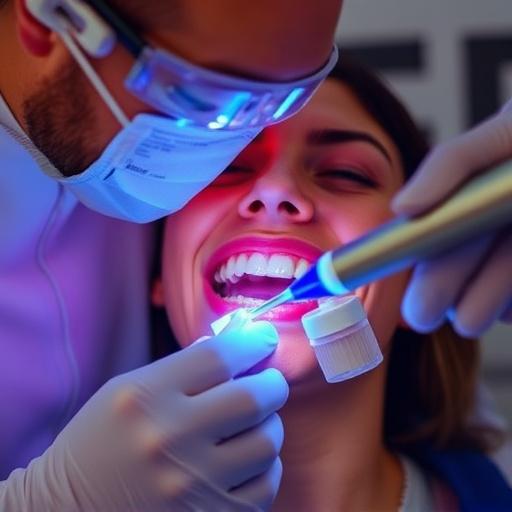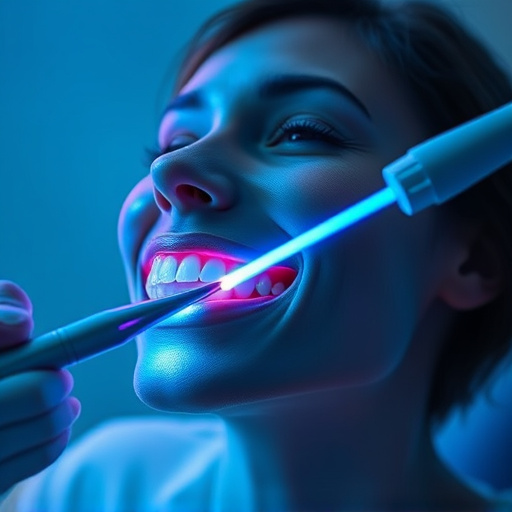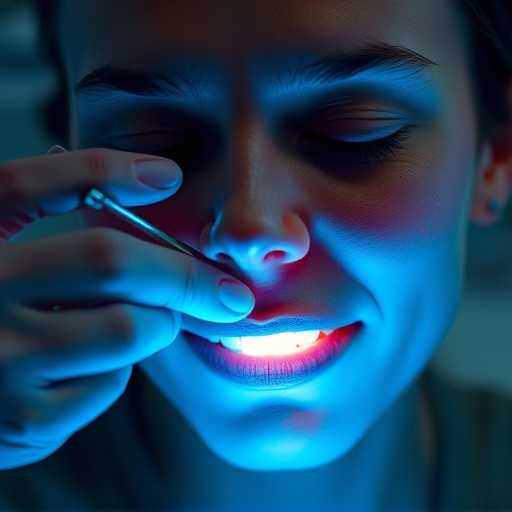Minimally invasive dentistry (MID) prioritizes preserving natural tooth structure using advanced technologies like lasers and digital imaging, benefiting both children and seniors. For kids, it promotes oral development, reduces anxiety, and encourages preventive care. Seniors benefit from precise, comfortable procedures that enhance quality of life, especially for wisdom tooth removal, while reducing recovery time and complications risks in emergencies.
Minimally invasive dentistry (MID) is transforming oral care, offering exceptional benefits for both children and seniors. This innovative approach focuses on preserving healthy tooth structure while treating dental issues effectively. For children, MID alleviates anxiety and provides a more comfortable experience. Seniors can benefit from precise, less destructive procedures that maintain their oral health. By adopting these advanced techniques, dental professionals ensure better patient satisfaction and long-term oral well-being for all ages.
- Understanding Minimally Invasive Dental Treatments
- Benefits for Children: Less Anxiety, More Comfort
- Advantages for Seniors: Preserving Oral Health with Precision
Understanding Minimally Invasive Dental Treatments

Minimally invasive dentistry is a modern approach that prioritizes preserving as much natural tooth structure as possible while treating dental issues. This method goes beyond simple filling or crowning procedures, encompassing a wide range of techniques designed to avoid extensive drilling and cutting. By utilizing advanced technologies like laser dentistry, digital imaging, and precise instruments, dentists can accurately diagnose and treat problems with minimal disruption to healthy teeth and gums.
For both children and seniors, this approach offers numerous benefits. In younger patients, it helps promote proper oral development and reduces anxiety associated with traditional dental procedures. Seniors appreciate the preservation of their natural dentition, which enhances chewing efficiency and overall quality of life. Moreover, minimally invasive dentistry is often more cost-effective in the long run, as it delays the need for extensive restorative work or implant solutions.
Benefits for Children: Less Anxiety, More Comfort

Minimally invasive dentistry offers a range of benefits that can significantly improve oral health outcomes for children and seniors. When it comes to kids, one of the most notable advantages is the reduction of anxiety associated with dental procedures. Children often feel less apprehensive when presented with minimally invasive techniques as these methods are designed to be gentle and cause minimal discomfort.
By avoiding more traditional and invasive procedures like drilling and extensive fillings, which can be intimidating for both children and adults, minimally invasive dentistry promotes a positive experience. This approach focuses on preventive dentistry by encouraging regular check-ups and comprehensive dental care. As a result, common issues like tooth decay can be addressed early on with minimal intervention, ensuring children develop good oral hygiene habits and avoid more complex treatments later in life.
Advantages for Seniors: Preserving Oral Health with Precision

Minimally invasive dentistry offers a multitude of benefits for seniors, especially when it comes to preserving oral health. This advanced approach utilizes state-of-the-art techniques and tools that allow dentists to perform various procedures with precision and minimal discomfort. For example, instead of traditional surgical methods, dental implants can be placed with less trauma, promoting faster healing and improved overall oral function.
Furthermore, wisdom tooth removal, often a common concern in older adults, becomes less daunting with minimally invasive techniques. These methods can reduce recovery time and the risk of complications, ensuring seniors maintain their independence and quality of life. Even in emergency dental care situations, this approach prioritizes patient comfort and safety, making it an ideal choice for managing oral health concerns effectively.
Minimally invasive dentistry offers a promising approach to dental care for both children and seniors. By focusing on precise, conservative treatments, this modern dental practice significantly reduces anxiety, discomfort, and tissue removal, making it an ideal solution for those who may feel apprehensive about traditional dental procedures. Whether for restoring cavities or managing oral health in older adults, minimally invasive dentistry ensures a more comfortable experience while preserving natural tooth structure, ultimately contributing to better overall oral well-being.









